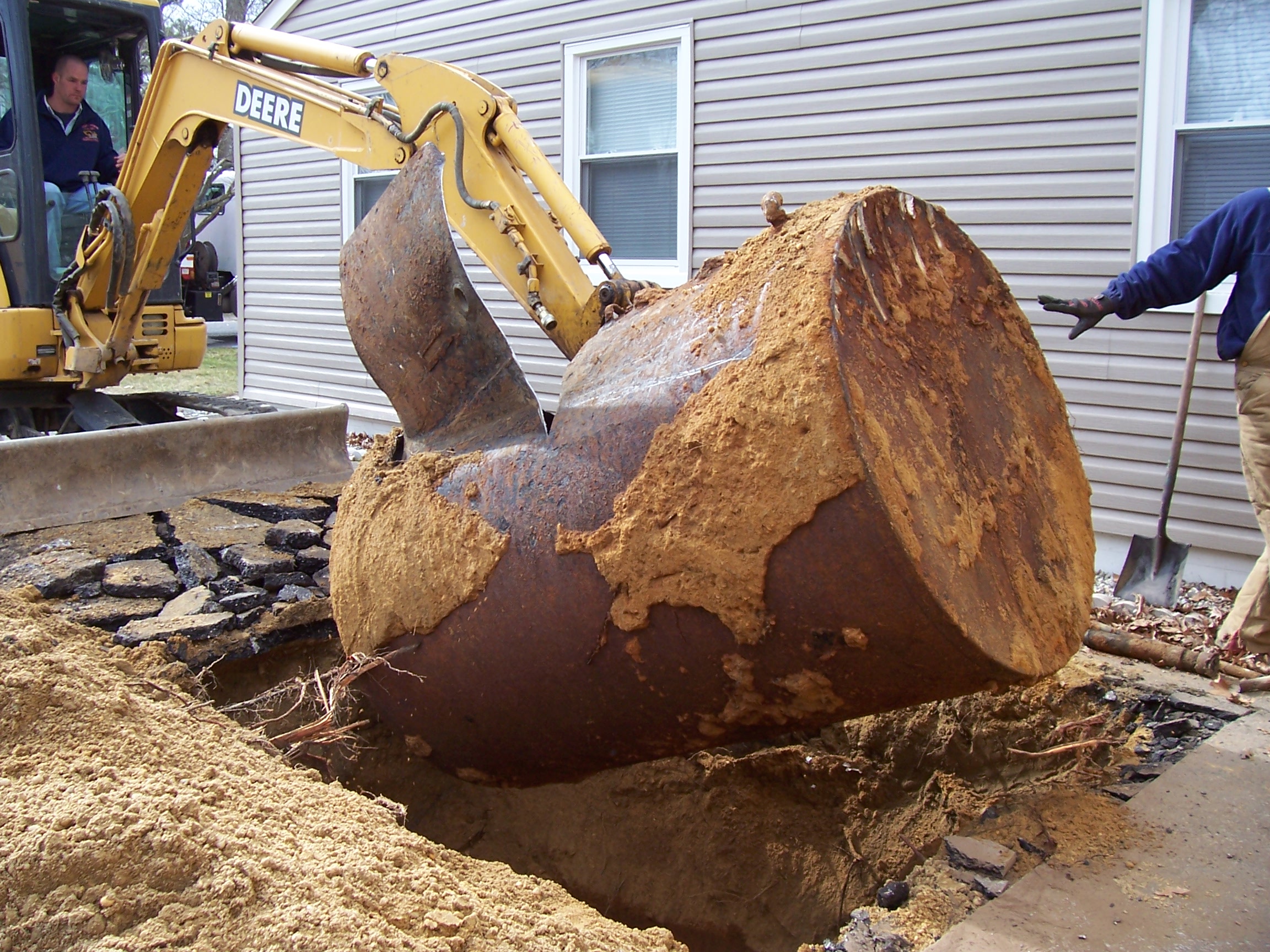Most homeowners don’t consider the condition of their tanks for oil, yet they are a crucial element of any home’s structure. Owners of the property are responsible to ensure that their heating system and storage tank for the oil work correctly and safely. Inattention to maintaining and even repair an oil tank could be disastrous for both the ecological and financial effects.
When working properly the oil tank is a vital part of the heating system of a home. Oil leaks can be costly and can be harmful to the environment. Homeowners must be aware of their oil tanks and have them replaced them when needed.

In areas like Massachusetts, New Hampshire and Rhode Island, the average cost of replacing a 275 gallon oil tank is $3,600. This figure is for oil tanks that are placed in basements and outside with no access issues. It might seem like a significant investment but it’s important to understand the importance of replacing your tank an important step to ensure the safety and security of your home.
Knowing the environmental and financial consequences of replacing the oil tank is essential for homeowners. Inadvertently ignoring the need to replace can result in leaks from the tank that can not only be a financial burden but also have a detrimental impact on the environmental quality. It is therefore imperative that homeowners focus on the replacement of their oil tanks to reduce the risk.
Owners of homes should be aware the total cost involved in the replacement of an oil tank. Knowing the cost average of replacement will help homeowners plan their budgets for this crucial investment. Click here Oil tank replacement cost
Finding reliable oil tank replacement services in your area is essential. homeowners should find reputable experts who can offer expert assistance and assure a seamless replacement process. It is important to find trustworthy and experienced service providers that will provide assurance. They will also ensure the replacement oil tank is completed effectively and efficiently.
In order to prepare for an oil tank replacement it is essential that homeowners are equipped with the appropriate details. Understanding the most important elements of replacing an oil tank such as the expenses involved, the significance of a timely replacement, as well as the effect on home safety and the natural environment, is crucial for making educated choices.
Budgeting for the future is crucial when replacing an oil tank. Homeowners can develop an effective budget that takes account all aspects of the project by getting a better understanding of the average costs and additional expenses. This strategy allows homeowners to efficiently manage their finances, ensuring that the transition from a replacement oil tank goes without a hitch.
Replacement of oil tanks is not only a good investment however, they are also an investment in your security and peace of mind. Oil tanks that are outdated or inefficient could pose an hazard to your home as well as the surrounding environment.
In conclusion that, replacing your oil tank is a critical aspect of maintaining a safe and healthy living space. The homeowners must be proactive about replacing their oil tanks in order to limit the environmental and financial risks that come with ignoring this essential maintenance task. Being aware of the costs, finding reliable services, and recognizing the value of this investment can help homeowners guarantee the safety of their home and provide comfort for many years.
